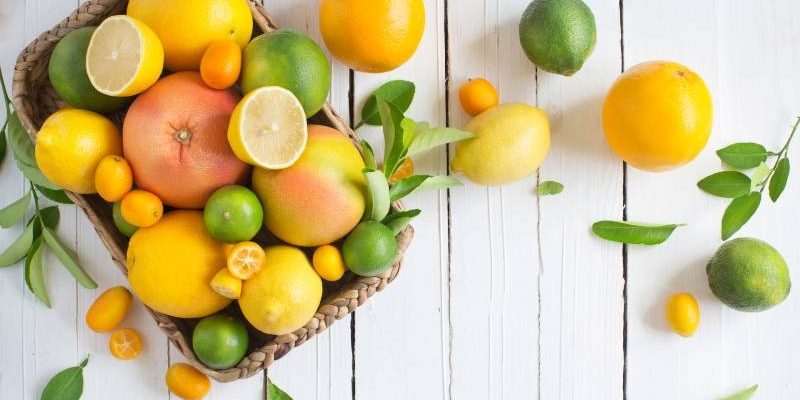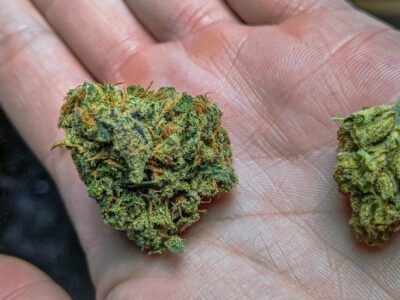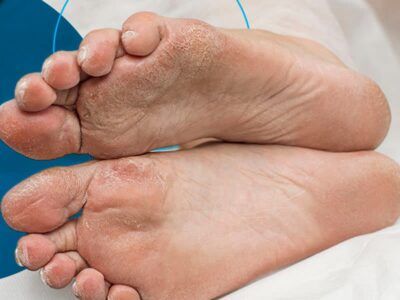“I am Randy and I am an addict.”
Those words really hit me after I uttered them while I sat there in a circle with 10 people facing me. I already lost my job four months before I attended my first Narcotics Anonymous meeting. I also lost my girlfriend of three years due to addiction. Perhaps, it was a blessing we did not have a kid because that’s something I could probably never live down.
But still, when I said it out loud, the words solidified. They took shape and felt heavy as I rolled them around my tongue. It was then I knew there was no going back.
From Health Buff to Addict in 0-60 Seconds
Friends and family know I’m a gym rat. I was one of those people who read the labels to see which chemical I was putting inside my body. I check the calorie count, the sugar levels, and the carbohydrates. More often than not, you would have seen me munching on some fresh fruit or eating greens.
That was why everybody was shocked when they realized I was already hooked on the juice and ‘roids. It wasn’t really that surprising when you think about it. I was obsessed with looking good. In fact, in this bodybuilding subculture, I wasn’t alone. Some are better at handling it than others. But that’s a story for another day.
To make the story short, I started ignoring my girlfriend. We went into long fights and then she gave me the silent treatment, which I loved because those are the times when she wouldn’t nag me about being home. Then I could really get high.
Then I stopped going to the gym. I stopped caring about myself. Heck, I wasn’t even interested in taking a bath or brushing my teeth. I wet on such prolonged absences at work that it was a surprise they tolerated my behavior for three months before finally getting rid of me.
I had an inkling about my steroid problem but I was in denial. Yep, typical behavior of an addict.
I would forever be grateful for my very patient mother who staged an intervention for me to get addiction treatment. I enrolled myself in rehab, finished the program, and here we are.
The Culture of Food and Drug Addiction
I’ve always been a very active individual and was leading a healthy lifestyle up to a point when I got hooked on steroids.
So it’s no wonder that I felt the need to go back to the basics. I’ve flushed out the toxins from my body but nobody could really prepare you from the intense cravings.
Healthy food can help the body detoxify naturally. Also, when you are hooked on something, you don’t really worry about the food you eat. In fact, you don’t even eat at all. The need to get the next fix is all-consuming. Your brain has nothing left for the basic necessities like food, hygiene, and shelter because all you can think about is the steroids.
But food is what fuels us. When you don’t feed your brain, it won’t produce sufficient chemicals that can get your internal system out of whack. This is why you feel irritable, tired, depressed, and anxious.
That kind of thinking makes sense to me so it’s easier for me to dive into research to find out about the culture of food and its correlation with addiction treatment.
For instance, a 2014 study on the cultural interventions used by indigenous communities to treat substance abuse concluded what I already assumed—indigenous practices or natural methods have been found to be effective in treating somebody with a substance abuse problem.
The aborigines of Canada also have their own method of treating addiction, and it involves sweating out the toxins from the body. These sweat lodges exist to help addicted individuals deal with their addiction. The “sweating out process” is actually a very complicated and detailed procedure that involves the whole tribal community.
They say it takes a village to raise a child, in this case, it takes a whole village to help cure the substance abuse.
At its basic core, healthy foods will help us detoxify, cleanse our organs, and help our brain produce the necessary neurotransmitters to achieve a balance and ensure all systems are running smoothly.
Foods that Help in Addiction Recovery
It was a pleasant surprise for me when I found out how nutrition plays a huge role in addiction treatment. The rehab facility I went has its own nutritionist who took time to talk with me regarding my diet prior to being hooked on drugs.
This is not rocket science, of course.
For instance, while recovering, I need something to ensure that the level of serotonin hormone in the brain is stable. This will help me relax. What are the foods to eat? You need complex carbohydrates (these include pasta, beans, legumes, carrots, and potatoes) for that and also protein, although fish and meat should be taken in moderation at first as our bodies get used to food again).
It’s not uncommon for addicts to become malnourished when they enter the rehab facility. One of the main tasks of the nutritionist is to nurse your health back to where it used to be. We need foods that are rich in B-complex, Vitamin C, A, and D. We also need to consume foods with a lot of minerals like calcium, magnesium, and zinc. Calories and fat, as well as good oils, should also be included in our diet.
Foods that can help us detoxify naturally include ginger, chlorella, spirulina, turmeric, beets, apples, broccoli sprouts, and leafy green vegetables. Bananas are also an excellent choice because not only will they provide us with the necessary minerals, they will also help replenish the lost electrolytes in our body.
After working with the nutritionist at the rehab center, I’m actually excited about preparing the menu to minimize the cravings. I also find it interesting to read up on various cultures and their views on natural food remedies to treat addiction.
This is another journey for me. And yes, I still go to the gym but only to get healthy. It just so happens that the gym I go to is also where my ex-girlfriend also works out. Baby steps.













Comments